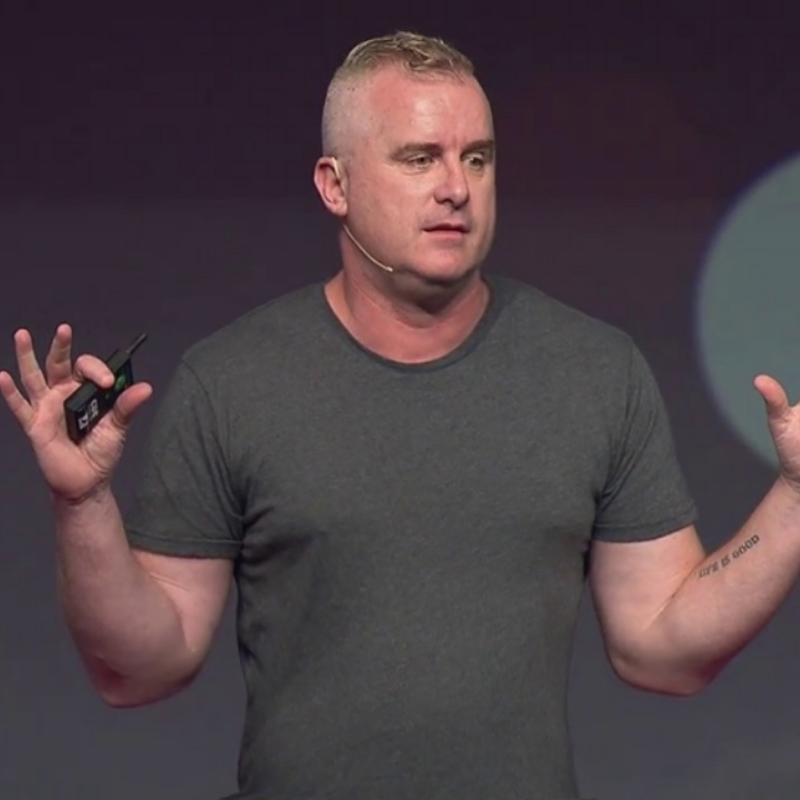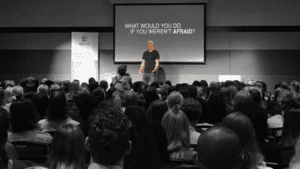As a therapist, my clients often ask me, “Why won’t you just tell me what to do?’
It’s a valid question, and I can understand why it might be frustrating when you’re seeking guidance and direction.
However, the answer is not as simple as just giving someone a list of instructions to follow.
Therapy is a collaborative process, and the goal is to empower clients to make their own decisions and find their own solutions.
In this post, I’ll explain why therapists don’t just give advice and tell clients what to do, and how this approach can actually lead to more meaningful and lasting changes.
You are not your diagnosis
First of all, it’s important to understand that therapy is not like a medical appointment where the doctor diagnoses your condition and prescribes a treatment.
Instead, therapy is a conversation between two people where the client is the expert on their own experience, and the therapist is there to help facilitate insights and provide support. This means that the therapist can’t simply tell the client what to do, because they don’t have all the answers.
Instead, the therapist’s role is to ask questions, listen actively, and provide feedback that can help the client gain new perspectives and insights.
It doesn’t actually work
Another reason why therapists don’t just tell clients what to do is that this approach can actually be counterproductive.
When someone is told what to do, they may feel resentful or resistant, especially if they don’t agree with the advice given.
On the other hand, when a therapist helps a client come to their own conclusions, the clients is more likely to feel invested in the process and motivated to make changes.
This can lead to a greater sense of empowerment and self-efficacy, which can ultimately lead to more lasting change.
Therapy isn’t one-size-fits-all
Additionally, therapy is not a one-size-fits-all approach.
What works for one person may not work for another, and a good therapist understands this. By asking questions and listening actively, the therapist can help the client identify their own strengths and weaknesses, and find solutions that work for them.
This personalised approach can be much more effective than simply giving generic advice.
Conclusion
While it may be tempting to want your therapist to just tell you what to do, this approach is not the most effective way to facilitate lasting change.
By working collaboratively with your therapist, you can gain new insights and perspectives that can help you make your own decisions and find your own solutions.
This can lead to a greater sense of empowerment and self-efficacy and ultimately more meaningful and lasting change.
If you’re looking for a therapist who can help you on this journey, please reach out and schedule an appointment today.
















